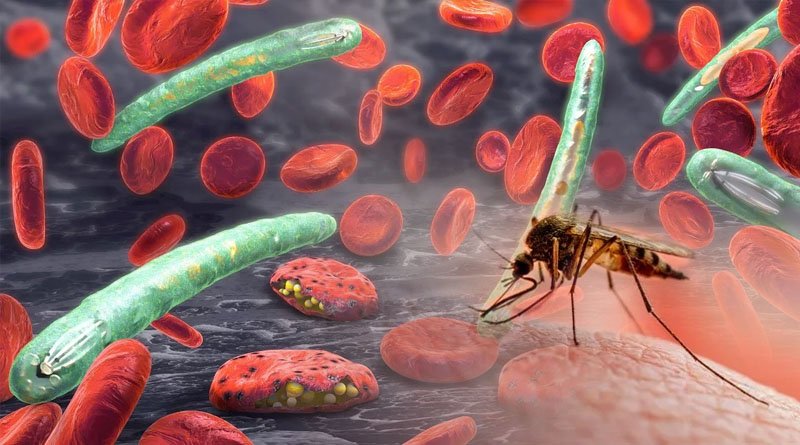According to the World Health Organization, cases in Pakistan increased fourfold to 1.6 million last year after devastating floods submerged a third of the country (WHO).

Extreme weather events in Malawi and Pakistan have resulted in “very sharp” increases in malaria infections and deaths, according to a global health chief ahead of World Malaria Day on April 25.
According to the World Health Organization, cases in Pakistan increased fourfold to 1.6 million last year after devastating floods submerged a third of the country (WHO).
In Malawi, Cyclone Freddy in March caused six months’ worth of rainfall in six days, causing cases to rise there as well, according to Peter Sands, head of the Global Fund to Fight AIDS, Tuberculosis, and Malaria, in an interview with AFP.
“We’ve seen real evidence of the impact of climate change on malaria in places like Pakistan and Malawi,” he said. “So you have these extreme weather events, whether flooding in Pakistan or the cyclone in Malawi, and we saw a very sharp increase in infections and deaths from malaria in both places,” he said ahead of World Malaria Day on April 25.
Sands stated that World Malaria Day is typically used to “celebrate the progress we have made.” According to Sands, World Malaria Day is usually a time to “celebrate the progress we’ve made,” but this year is a time to “sound the alarm.”
The dramatic increase in cases caused by climate-change-related weather disasters, he said, demonstrated the need to “get ahead of this” now.
“If climate change is going to exacerbate malaria, we need to act now to push it back and eliminate it,” he said. Pools of water left behind as the waters receded created ideal breeding grounds for malaria-carrying mosquitoes in both countries. Sands stated that while there has been some progress in the fight against malaria, a child still dies from the disease every minute.
Malaria was responsible for an estimated 247 million cases and 619,000 deaths worldwide in 2021, according to the WHO.
The RTS, S, and R21/Matrix-M vaccines have been given to millions of children in Ghana, Kenya, and Malawi, but Sands cautions that they should not be seen as a “silver bullet”.
Vaccines had less potential to combat malaria than routine diagnosis and treatment infrastructure due to the relative cost of immunisation and the difficulty of large-scale deployment.
The most vulnerable groups to malaria are children under the age of five and pregnant women, with deaths largely due to late diagnosis and treatment.
Community health workers in every village should have the tools to test and treat, and health systems should be made more resilient to climate change shocks. Sands said the countries at greatest risk from climate change are also those with the “highest burden of malaria”.